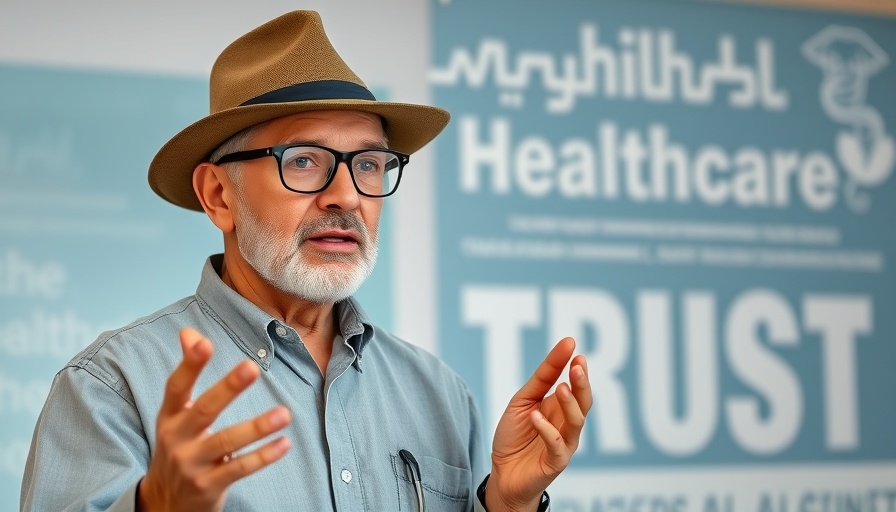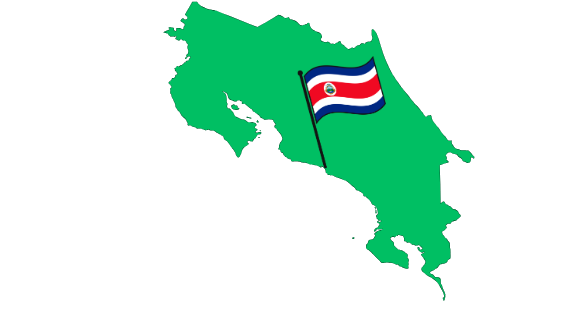
The Vital Role of Healthcare in Costa Rica
As discussions unfold about Costa Rica's healthcare system, it's important to recognize both its successes and growing challenges. Costa Rica boasts a remarkable life expectancy of 80 to 88 years, largely attributed to its publicly funded healthcare model. The Caja Costarricense de Seguro Social (CCSS) operates a socialized healthcare system that offers services to all citizens, allowing them access to necessary health interventions without financial barriers. However, the burdens of increased demand are straining these services, leading to long wait times and overcrowded facilities—a scenario that many residents are all too familiar with.
In 'Does Costa Rica’s Healthcare System Need Help?', the essential discussion revolves around the healthcare model's strengths and shortcomings, prompting a deeper analysis into where improvements can be made.
Understanding the Challenges Faced by the System
The interview reflects a sentiment that the healthcare system, while commendable, needs thorough reform. Residents speak of long lines and delays in emergency situations, causing frustration among those seeking timely care. It's crucial for citizens to express their needs and demand improvements. Outdated systems need re-evaluation as Costa Rica’s population grows and ages, leading to an increase in the demand for healthcare services.
Anticipating Health Needs: A Shift in Model
To achieve a more proactive healthcare approach, experts suggest starting at the grassroots level. Restructuring the -emergency response system can help distinguish between real emergencies and situations treatable at less intensive facilities. As a key point, initiating a “virtual doctor” service can alleviate pressure on hospitals. Utilizing apps like EDOS could empower residents to consult healthcare providers remotely, transforming the paradigm from reactive treatment to proactive care. The idea is to share essential healthcare knowledge and resources effectively, aiming for preventive approaches to maintain population health.
Elevating Standards for Vulnerable Populations
One of the pressing calls to action emphasizes prioritizing care for vulnerable populations: senior citizens, mothers, and children. Ensuring that these groups have expedited access to healthcare services will allow a more humane treatment of critical health needs. This not only benefits those who need urgent care but enhances the overall efficiency of the healthcare service delivery.
Expanding Hospital Facilities for Broader Access
Additionally, the proposal to establish more level-three healthcare facilities dispersed throughout various provinces, especially in underserved areas, can significantly enhance healthcare access. This expansion means providing advanced medical services equipped with various specialists closer to communities beyond the metropolitan hubs. It's a step toward reducing travel burdens for patients and their families, ensuring timely and adequate medical responses.
Leveraging Technology for Better Health Outcomes
Embracing technology is paramount to the healthcare system's evolution. Through the integration of virtual consultations and automated health records, Costa Rica can streamline processes and personalize patient care effectively. It can also facilitate data sharing across various healthcare providers, ensuring that when patients move within the system, their vital health information follows them, mitigating risks of misdiagnosis due to lack of medical history.
Conclusive Thoughts on Costa Rica’s Healthcare Future
As Costa Rica continues to balance the scales between maintaining high averages in health outcomes and addressing systemic inefficiencies, dialogue remains essential. Residents and government officials alike must work collaboratively to enhance current structures, adopt new technologies, and expand health facilities. The vision shared by advocates could very well be turned into reality with appropriate investments and commitment.
Living in Costa Rica means immersing oneself in a culture that values public health. Those contemplating a permanent relocation should familiarize themselves with the healthcare system in Costa Rica. An informed and prepared approach can ensure that they benefit from the advantages the healthcare model has to offer, the essential foundation of life here.
In conclusion, as citizens of Costa Rica navigate healthcare challenges, awareness and advocacy pave pathways for change. The healthcare journey extends beyond borders, and initiatives taken here can inspire global reforms if harnessed correctly.
 Add Row
Add Row  Add
Add 




 Add Row
Add Row  Add
Add 

Write A Comment